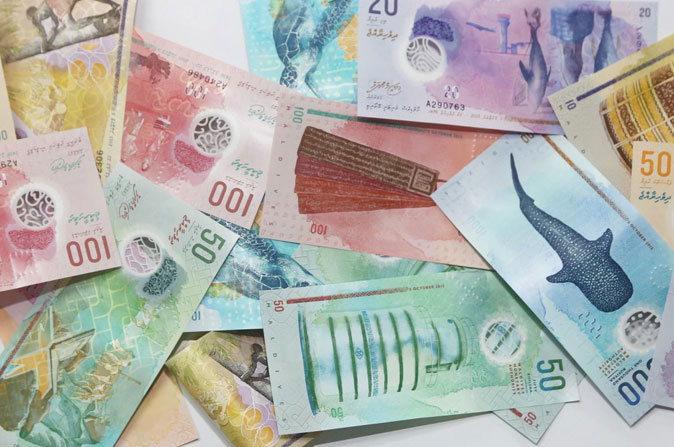Finance / Maldives
“Inherent demand” propels Islamic finance
With a 100-percent Muslim population, the Maldives is seen as a natural location to develop Islamic finance.

When takaful, a system of Islamic insurance, was first introduced to the Maldives in 2003, few people were able to grasp the concept. “At the time, Maldivians thought the word ‘takaful’ in the company ‘Amana Takaful’ had no meaning,” Aishath Muneeza, Chairwoman for the Center for Islamic Finance, remembers of the country’s first Islamic finance institution.
It would be another eight years before the first Shariah-compliant bank opened. But since the launch of the Maldives Islamic Bank, the Maldives has witnessed a groundswell in demand for Shariah-compliant financial products and services, ushering in the foundation of a nascent Islamic finance industry. It wasn’t long before the Maldives joined the global Islamic finance scene with a 10-year sukuk issued by Housing Development Financial Corporation (HDFC) Amna that raised $3.9 million in 2013.
“The growth of Islamic finance in the country is fast and this proves the inherent demand for it,” says Muneeza. Indeed, revenue for HDFC Amna more than doubled in 2015, increasing by 117 per cent, according to Sun News, a local newspaper. “This palpable growth has prompted the creation of Hazana Maldives, a special purpose government vehicle for developing Islamic finance, and the formation of the Maldives Center for Islamic Finance on Hulhumalé. Moreover,” she continues, “HDFC Amna is planning another sukuk this year to drive growth.”
Although just in its strategic planning phase, the Maldives Center for Islamic Finance could anchor the Maldives as a premier Shariah-compliant finance hub in South Asia, similar to how Kuala Lumpur has led the industry in Southeast Asia, London for Europe, and Dubai for the Gulf states. Its planned location in the new financial district in Hulhumalé would place the industry within close proximity to forthcoming tech industries, further enabling innovation in financial products. Pointedly, the GCC will be given priority attention thanks to a dedicated division within the center. “A special department or desk to deal with the Middle East will be set up to help mobilize funds for the Maldives,” Muneeza announced.
The principles of Islamic finance make sense for the Maldives, a 100-percent Muslim country with a natural attraction to financial products and services that prohibit usury, which is considered haram, or forbbiden, by the Holy Quran. “Islamic finance has become so popular in the Maldives because it speaks to our religious desire to seek a more responsible way of financing that is both ethical and socially just. Islamic finance does this by backing services with real assets and sharing risk between the financial institution and its customers.”
Of course, the Maldives isn’t the only South Asian nation with these ambitions. Yet, where the Maldives lacks size, it may be able to make up for in financial policy and structure. “The legal and financial infrastructure of the Maldives is more flexible that others in the region,” Muneeza concludes. “This makes us an apt destination to develop and operate a financial center.”
